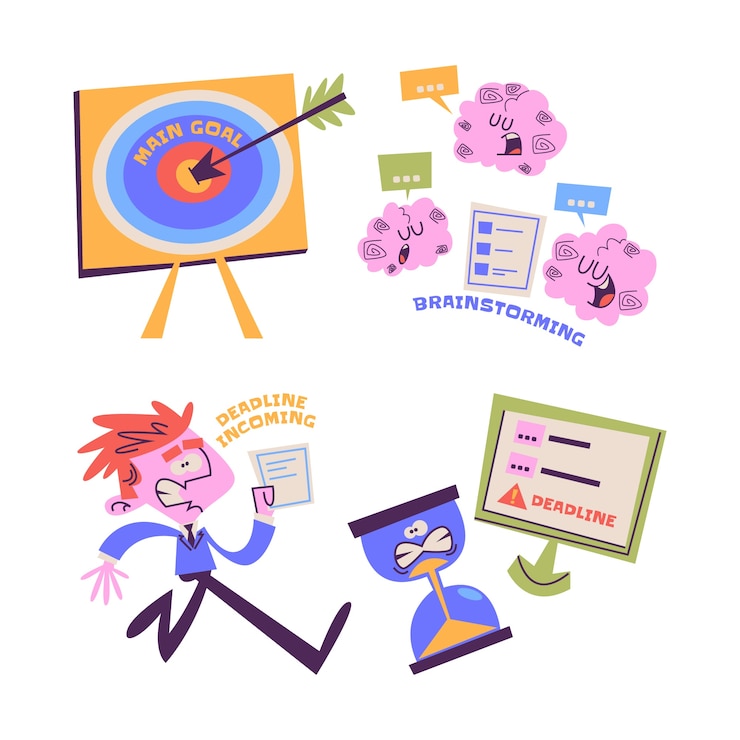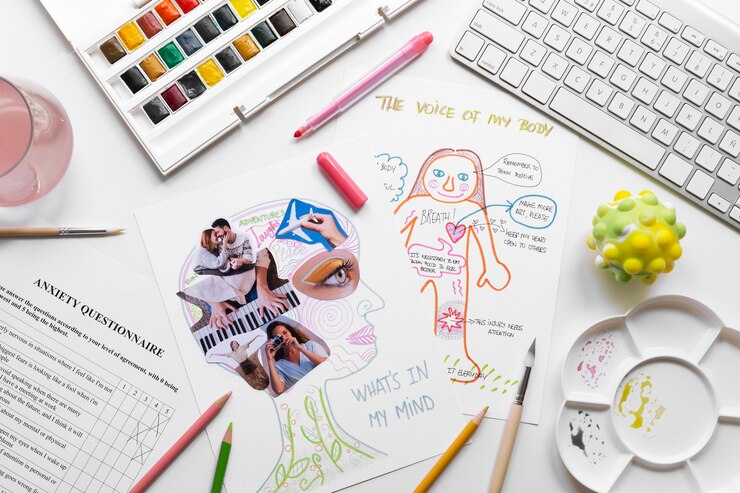
When it comes to disciplining children, using harsh tactics like criticism and shaming isn’t effective; these methods can harm a child’s emotional health.
—
Our eight-year-old daughter is quite sensitive. We’ve always noticed how our words and actions affect her. She’s also very spirited and independent, which led to many reactions from her father and me in her early years—most of which I don’t look back on fondly.
I wish I could say that our approach to disciplining her was always fair, empathetic, and respectful. I wish my words and actions focused more on nurturing her character and heart, rather than just correcting her behavior or satisfying my own desire to be the perfect parent.
Thankfully, in recent years, we’ve discovered a more effective way to handle her challenging behaviors through positive parenting and discipline, as well as learning about child development and neuropsychology. The more we know, the better we do, and things have certainly improved.
I’ve stopped being overly hard on myself for the harsh tactics used in our attempts to guide her during our early parenting days. It’s tough not to feel guilty, especially when I see how what’s imprinted from our criticisms affects her daily life—like when she gets upset about not perfecting a dance move on her first try, struggles with a difficult math problem, or when I hear echoes of my own voice in her frustrations with her siblings.
The way we communicate with our child is crucial. It doesn’t determine every aspect of their future, but it significantly influences their mental well-being. Here are five ways that using criticism and shame as disciplinary tools can affect a child’s future mental health.
—
When we respond harshly to a child’s mistakes, we overshadow the natural consequences—like feelings of regret or embarrassment. Instead, the child might focus their emotions on us, feeling anger or resentment.
Both adults and children feel bad when they make mistakes. Adding disappointment or anger to the mix doesn’t help and can lead to toxic shame instead of improving behavior.
Mistakes are a natural part of being human. When kids internalize shame for their errors, it often leads to unhealthy coping strategies. Our words matter—they don’t just travel from our mouths to our child’s ears; they settle deep within their heart and self-esteem.
Our flawed humanity provides plenty of chances to learn from pain and mistakes. But how we react, especially during a child’s stressful moments, can either aid healing or cause more pain.
If we discipline with harshness and shame, we risk instilling negative thoughts that feed anxiety and depression. As Peggy O’Mara wisely said, “The way we talk to our children becomes their inner voice.” If harsh words are common, a child may grow into being very self-critical. I’ve seen this at home and in my work with families.
A child can become either their greatest ally or their worst critic, depending on how they learn to handle discipline. Children need a strong attachment to their caregivers, built on unconditional love and acceptance. When faced with constant criticism and shame, this bond weakens.
—
We hold ourselves accountable for our parenting missteps when we notice them. Adopting positive discipline strategies involves shifting away from old patterns, which isn’t easy. But when it comes to nurturing a child’s emotional well-being, there’s no better reason to try.
This post includes a free printable to help with Positive Discipline, perfect for those heated moments with your child!
For more on mindful parenting and collaborative problem-solving, explore these additional resources:



